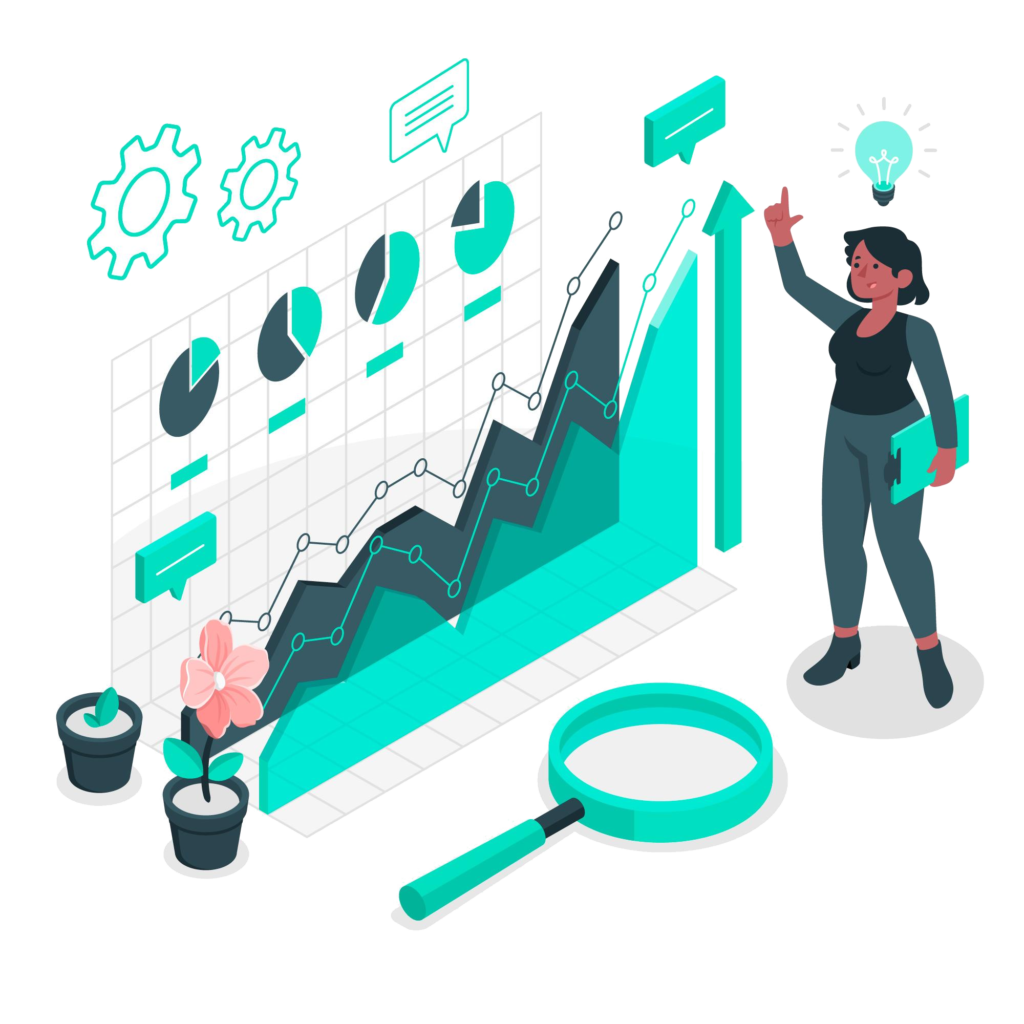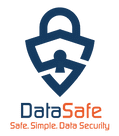ERP stands for Enterprise Resource Planning and refers to software that can enhance your entire business by integrating every department in your organization. It’s an excellent multifunctional tool that gets your whole business data centralized into one database. This increases efficiency, reduces costs, and increases productivity and profits.
The departments that benefit the most from ERP software are sales, marketing, manufacturing, customer relationship management, exports, operations, public relations, supply chain management, human resources, and logistics, to name a few.
Benefits of ERP Services
Removes Loopholes from Outdated Systems
ERP systems help organizations completely eliminate loopholes in outdated systems. The ERP software has some important features that are very compatible with modern requirements and integrate well to overcome deficiencies.
Enhanced Performance and Time Management
ERP automates manual processes and saves hours spent on manual work by employees to generate reports, manage inventory, and track timesheets. It also eliminates instances of duplicate data and reduces the risk of human error. It helps organizations increase overall performance and, in turn, productivity. This saves your employees’ time and allows them to focus more on core business responsibilities. ERP thus increases an organization’s productivity, efficiency, and profitability.
Increased Productivity
The ERP system boosts productivity in a number of ways. As mentioned, it automates repetitive tasks and eliminates errors. This software also helps make processes more straightforward, thus reducing the time that may be spent searching for information.
Removing irrelevant tasks and letting employees focus on projects that need their attention will allow them to hone their skills and expertise, improving their productivity levels. Integrating an ERP platform will also allow you to make optimum use of your workforce.

Visibility
Since the ERP system focuses on increasing the visibility of the entire company, employees can take advantage of this benefit and avoid wasting time asking about certain processes or specific data. They can get the answers on the system. From the business point of view, easy access to data enables managers to make better and faster decisions.
Visibility enables different teams and departments to make the right judgments, thereby reducing unnecessary expenses and waste. For example, if the purchasing team can see the status of in-transit purchase orders that have not yet reached the warehouse, they can alter the orders according to requirements. This will help avoid overstocking or understocking.
Avoid Unnecessary Expenses on Training
Nowadays, the introduction of new software has made it necessary for companies to train their employees on a regular basis to stay on top of these changes. Different departments use different applications that incur high costs, and training employees also takes a lot of effort and time. But instead of relying on various applications, if employees are just introduced to ERP, they need to be trained on only one software. This allows you to minimize training costs and provides an excellent return on investment (ROI).
Cost-Saving Opportunities
This software provides ample other cost-saving opportunities. The automation characteristic of ERP can reduce or eliminate many operational and administrative costs for business owners. When you have an ERP system in place, you can avoid manual data entry, identify higher expense sources, and eliminate over-production, over-ordering, or rush orders that can incur losses.
Better Decision Making
Decision-making is a complex procedure that requires gathering accurate information from different departments and up-to-date reports. Managers need these data and reports to make informed decisions and chalk out strategies. ERP software is equipped with analytical tools that help managers and team leads get instant access to critical facts, figures, historical reports, and changing trends. It can also draw out various reports and error-free data from different departments and run a comparative analysis. Making the right decisions help organizations increase their profitability and growth.
Improved Analytics
As mentioned, ERP software has tools that further help companies with accurate business analytics. Businesses can better evaluate their position in the industry and get a clear understanding of how far they can go with their business and how they can provide maximum return to shareholders. Improved business analytics enables senior employees to better analyze data and make decisions that contribute to the larger interests of the company.
Getting Rid of Unnecessary Data
When data is non-centralized, one of the biggest setbacks is the repeated occurrence of unnecessary or redundant data. Such useless data that is repeated multiple times creates confusion and chaos amongst employees in different departments and wastes their valuable time. ERP system can prevent the occurrence of redundant data and avoid confusion and inconsistencies, therefore increasing operational efficiency.
Transparency
Data security and transparency are very important for the smooth running of an organization. ERP software is built in a way that gives access to only authorized people who are assigned to do work on that particular data. All modifications can also be done only by authorized employees. This creates a transparent and secure environment for the business.
Customization
The ERP system is evolving with each passing day and becoming more and more customized in nature. Unlike a fixed programmed functionality, businesses can now customize ERP software according to their specific requirements. The customization feature helps organizations achieve their desired results according to their business needs.
Better Customer Relationship
Needless to say, maintaining a good rapport with customers is mandatory for any business. When customer data is integrated into one single database with the help of ERP, organizations can clearly find out ways to improve customer satisfaction and customer retention. Target marketing also becomes easier for the sales team since ERP empowers them to offer better post-purchase service and effectively promote the latest offerings. ERP software now comes integrated with eCommerce as well, which can help organizations handle web-based orders and customer interactions.
An ERP system undoubtedly increases operational efficiency in your organization since it runs across each department and every level of your business. Since processes are now faster and more accurate, ERP makes things more efficient for both your business and your clients.
Clearly, integrating an ERP system into your organization can put you much ahead of your competition and improve your performance. At Data Safe Group LLC, we know how important an ERP system is in order to grow your business. Contact us today to learn more about how you can leverage ERP to streamline your operations, save costs, and boost productivity.

